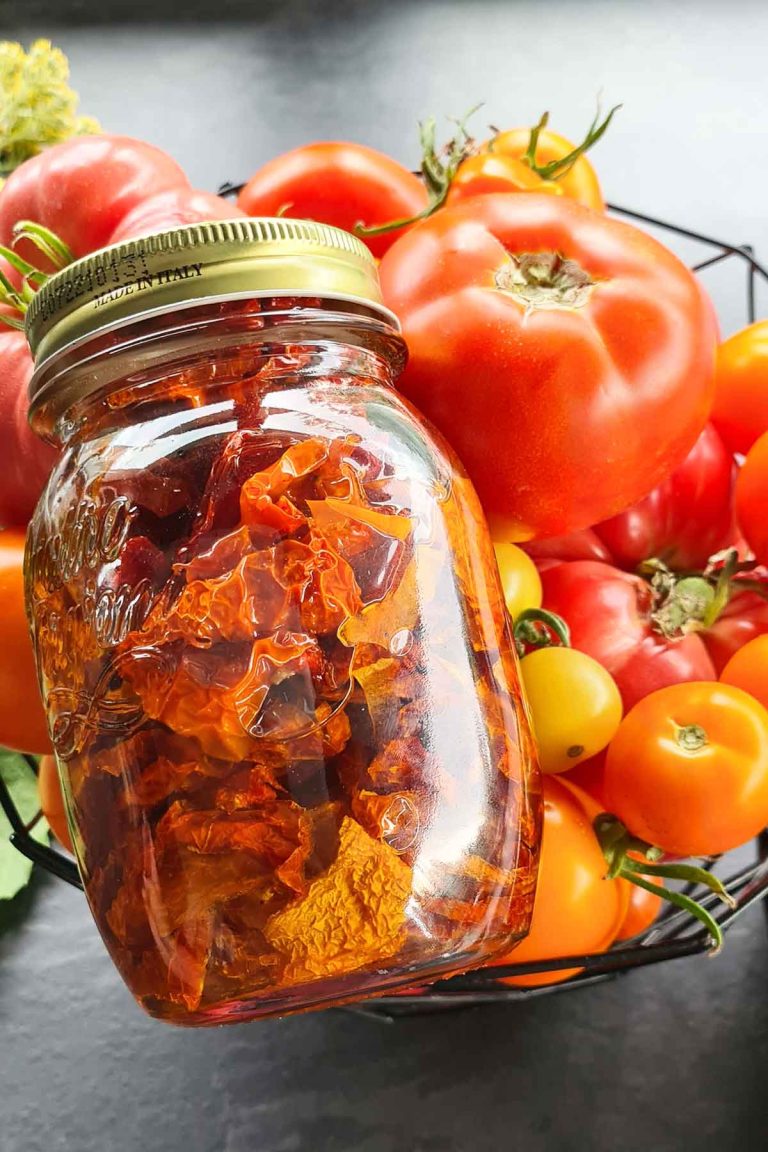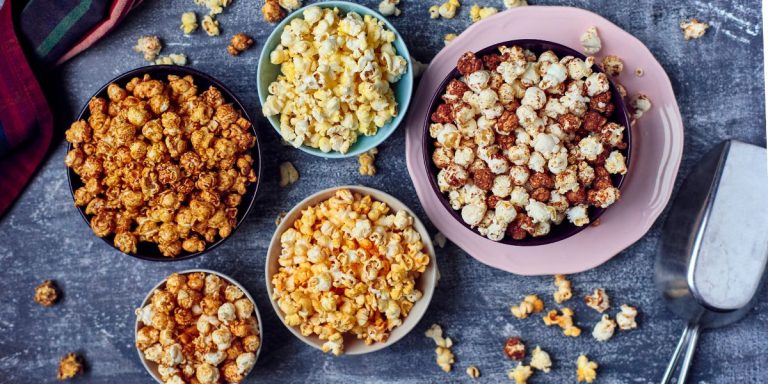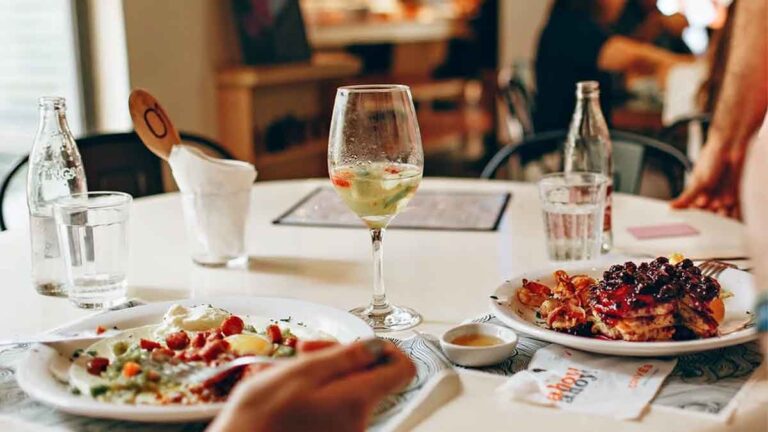10 Best Sugar Alternatives
Find out what are the best sugar alternatives you can use to ditch refined sugar and adopt a healthier lifestyle and diet!
It’s a fact that humans love sweet things. Even before we started refining sugar, we craved foods with a sweet taste. We all know that refined sugar is bad for us, that is why I gathered all info I found on sugar and healthy sugar alternatives and decided to share it with you.
Best Sugar Alternatives | What is sugar?
Sugar is a simple carbohydrate that occurs naturally in foods such as grains, beans, vegetables, and fruits. Unprocessed sugar contains a vitamins, minerals, enzymes and proteins. When whole grains are cooked, chewed and digested, the natural carbohydrates break down uniformly into separate glucose molecules. These molecules enter the bloodstream, where they are burned smoothly and evenly, allowing your body to absorb all the nutrients.
Refined sugar (sucrose) is extracted from either sugar cane or beets and it lacks vitamins, minerals, and fiber, and so it is hard to digest.. The body depletes its own resource of minerals and enzymes to absorb sucrose properly and thus it creates a deficiency. Sucrose enters swiftly into the bloodstream and pushes your blood glucose levels sky-high and then dropping them extremely low.
Sugar is an addictive substance for two reasons:
1. Eating it creates a desire for more.
2. Quitting suddenly causes withdrawal symptoms(headaches, mood swings, cravings, and fatigue)
Sugar is found in many of the usual suspects, like cakes, cookies, and candy. But you will also find it in canned vegetables, baby food, cereals, peanut butter, bread and tomato sauce. It is often labeled as corn syrup, dextrose, maltose, glucose or fructose.
Sugar and Diabetes
Type 1 diabetes, usually develops in childhood or early adulthood. The pancreas is unable to produce insulin. Insulin acts as the gatekeeper, allowing the right amount of glucose into the body’s cells to be utilized as fuel. People with type 1 diabetes must rely on daily injections of insulin to keep their blood sugar from getting too high.
Type 2 diabetes usually develops much later in life, though recently it is on the rise among children and adolescents. With type 2 diabetes, the pancreas is still capable of producing insulin, but the cells in the body are less responsive to it.
Increasingly more people have begun to understand the need to find alternatives to sugar, creating a demand that has led to the creation of artificial sweeteners, like saccharin and aspartame. These products have been linked to serious health problems, such as cancer. Artificial sweeteners aren’t good for your health and should be avoided! If you want to know more about the dangers of aspartame and other artificial substances in our food you should read this article: Do you really know what you eat?
From a holistic point of view, it makes more sense to go with natural sweeteners, rather than artificial products. Switching from white to brown sugar is also not the answer, as the sucrose content is pretty much the same.
Here is a list with some natural, sugar alternatives you can use. My all-time favorite remains stevia, closely followed by honey which I love :). Which one of these healthy sugar alternatives have you tried and what is your favorite?
Brown Rice Syrup
Brown rice syrup has a sticky, gooey consistency similar to honey and it has a very sweet taste but has a flavor much different from other sweeteners. The base of rice syrup is cooked rice. Typically, whole brown rice is used.
Coconut Sugar
Pure coconut palm sugar is a natural product made from the nectar of the coconut palm tree. Coconut sugar has a low glycemic index and it is highly nutritious and ecologically beneficial.
Date Sugar
Date sugar is made from very finely chopped dry dates. It is quite sweet, but it can clump and doesn’t melt, making it an impractical substitution for certain types of baked goods, or as an additive in beverages. It is, however, healthy and nutritious.
You can even make your own date sugar! Yes! Found an awesome article here.
Maple Syrup
Maple syrup has an earthy, sweet taste and it is made from the sap of the sugar, black or red maple tree. The process of creating maple syrup begins with tapping (piercing) the tree, which allows the sap to run out freely. The sap is clear and almost tasteless and very low in sugar content when it is first tapped. It is then boiled to evaporate the water producing syrup with the characteristic flavor and color of maple syrup and sugar content of 60%. Maple syrup, as an excellent source of manganese and a good source of zinc.
Maple Sugar
Maple sugar is a type of sugar that is prepared with the sap from a maple tree. To produce it, the sap is boiled until almost all of the water has been removed from it and the remaining product has crystallized. When using maple sugar in baking you may want to reduce the amount of sugar because maple sugar is almost twice as sweet as regular sugar.
Molasses
Molasses is a by-product of the sugar production process. Blackstrap molasses is perhaps the most beneficial and is a good source of iron and calcium. It’s quite thick and viscous and is best used in baking. It is also sweeter than sugar and so you’ll need less.
Rapadura
This is one of these healthy sugar alternatives. Rapadura is a sweetener made from dehydrated cane sugar juice and is typically sold in the form of solid, dark-brown bricks. Unlike white sugar, rapadura contains molasses and retains the vitamins and minerals naturally present in cane juice.
Stevia
Stevia is extremely sweet and remarkably it is noncaloric! It is extracted from a herb from Paraguay and it is usually found in a liquid form, small tablets or even powder. Only 2-3 drops are enough to sweeten a cup of tea for example.
Sucanat
Sucanat is a minimally refined form of cane sugar. Unlike more refined sugar, sucanat is grainy, rather than crystalline.
Xylitol
Xylitol is a naturally occurring alcohol found in most plant material, including many fruits and vegetables. It is extracted from birch wood and widely used as a sugar substitute and in “sugar-free” chewing gums, mints, and other candies.
I hope these healthy sugar alternatives will help you.
If you make this, please leave a review and rating if you liked this recipe! ★★★★★







I agree – I use coconut nectar all the time – not just for baking, but cooking too. Great ‘sugar’ substitute and low-glycemic. Win-win!
Yes, and it’s delicious too! 🙂
Thank you for the article. Have you tried any of the above for baking? What is a good substitute?
I’m using stevia on a daily basis but I never tried it for baking. I usually put it in tea. For baking I’m using coconut sugar which I love! I also tried mollases but it’s really sticky so it’s harder to work with. It has a really nice taste though. I strongly recommend the coconut sugar 🙂